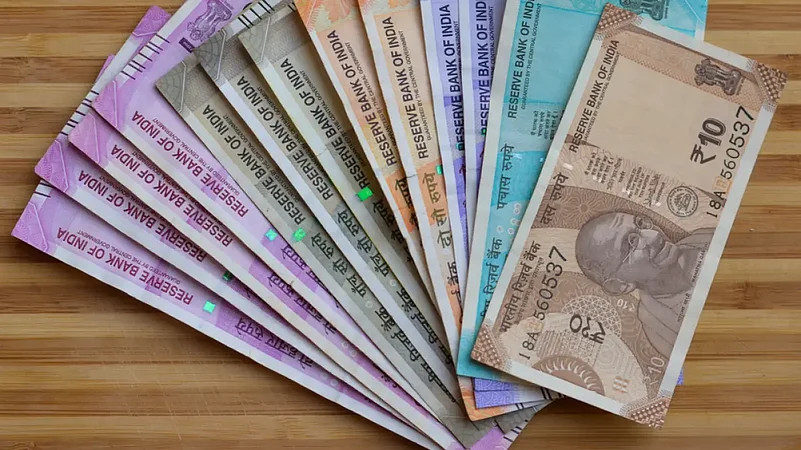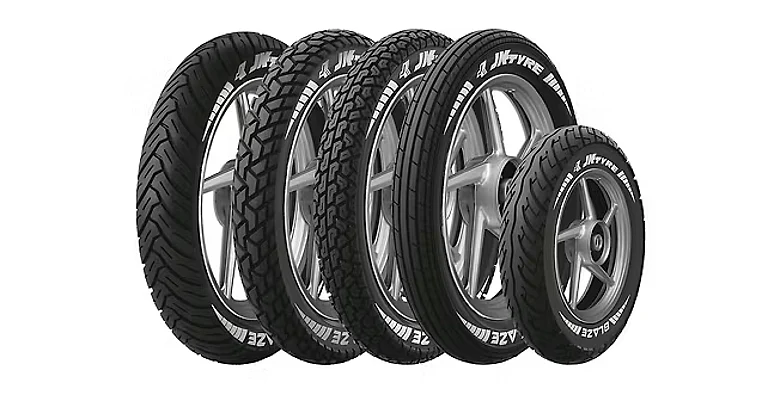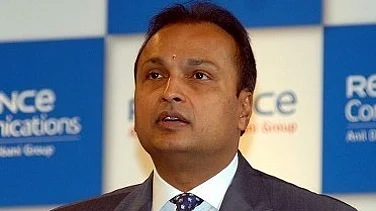India and Singapore have reportedly completed the technical preparations to link their fast payment systems. As per an ANI report, the payment systems Unified Payments Interface (UPI) and PayNow, may soon be used for fund transfers between India and Singapore, which will significantly help migrant workers. While the service will come at a low cost, it is also expected make fund transfer easier.
As per the report, the Reserve Bank of India (RBI) and the Monetary Authority of Singapore (MAS), which is the country’s central bank, have been working together to link UPI and PayNow. This project is also reportedly expected to be launched very soon.
Under the proposed project, money transfer, from India to Singapore is expected to happen with the help of mobile numbers. However, the transfer of funds from Singapore to India is expected to be executed via UPI virtual payment address (VPA).
“Singapore wants to connect its PayNow with UPI and that project will finish sometime in the next few months when that happens, anybody sitting in Singapore will be able to send money to their family members in India,” said India’s High Commissioner in Singapore, P Kumaran, as per the ANI report.
It adds that Prime Minister (PM) Narendra Modi is expected to make the announcement of this project soon after it is formalised. The report quoted the Indian envoy to Singapore: “For us, the practical implications sitting here is that any worker who wants to send small amounts can do so at a fraction of the money they are being charged by the standard money transfer companies. So it is going to be a big benefit to those who instead of sending money in one go can do so in small pieces and it will still cost less.”
































